BT's new Openreach CEO on the fibre future
We speak to Openreach's new CEO, 35-year-old Olivia Garfield, about the state of British broadband and how BT is going to shape it.

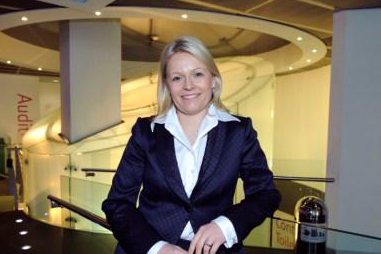
If you roll forward to 2015 and you look at comparable nations, while I can't guarantee what somebody like Luxembourg will do, the UK is going to be ahead of the pack.
Certainly when you cross compare to France, Germany, Holland, Spain and Italy, I think we are going to be there.
It is feasible for Jeremy Hunt's targets to be met, absolutely depending on what the specifics of those targets are, but I do believe that BT's investment in fibre is going to take the UK to being a pretty impressive fibre superpower by 2015.
What kinds of problems do you expect to encounter with the roll out? It can't be all smooth sailing, can it?
I shouldn't give the impression that fibre is a walk in the park. You've got the business case, which is pretty torrid.
In addition to that we sometimes are our own worst enemies. Openreach have made it look a bit as though it's like shelling peas we're doing it twice as quickly as anyone has managed it globally and the natural assumption is that it's the slickest thing we've ever done.
We're running as fast as our little legs can carry us behind the scenes.
Sign up today and you will receive a free copy of our Future Focus 2025 report - the leading guidance on AI, cybersecurity and other IT challenges as per 700+ senior executives
In previous history, we've had issues with planners, we've had lots of lots of customer feedback on how they want the installation process to work, which is maybe different to what we thought... this is a brand new network and something we've never done before, so for anybody doing this scale of change, you can imagine the list of issues is pretty lengthy.
How much pressure are you expecting to feel from the Government and Jeremy Hunt when it comes to the rollout?
I would hope, in a sense, that we'd be a kind of partner for him. There's nobody else offering 2.5 billion of their own money to deploy fibre to two thirds of the UK.
I hope he'll be supportive in overcoming blockages that maybe we're experiencing with people like planners.
It should really be the other way around. We've made the commitment, we're the only company who has made statements of this nature and we're certainly the only company that has made statements in the fibre space.
In the mainstream media, much has been made of your gender. Do you see the ISP industry as perhaps being too male-centric?
Lots of people ask me about glass ceilings, lots of people ask me how many women are running massive infrastructure firms of this scale and I honestly don't know the answers.
I've certainly never felt a glass ceiling in this industry. I've worked for Accenture and then I worked for BT, and I've never had anything but fantastic support and I've never really thought there was going to be an issue because I was a blonde, relatively young girl in the job.
At the same time, our industry is more male dominated, so I suppose my appointment has probably raised a few eyebrows.
I've got a job to do and it doesn't matter what I look like or who I am.
I know my customers aren't going to care what I look like, it's whether I can do the job.
Tom Brewster is currently an associate editor at Forbes and an award-winning journalist who covers cyber security, surveillance, and privacy. Starting his career at ITPro as a staff writer and working up to a senior staff writer role, Tom has been covering the tech industry for more than ten years and is considered one of the leading journalists in his specialism.
He is a proud alum of the University of Sheffield where he secured an undergraduate degree in English Literature before undertaking a certification from General Assembly in web development.
-
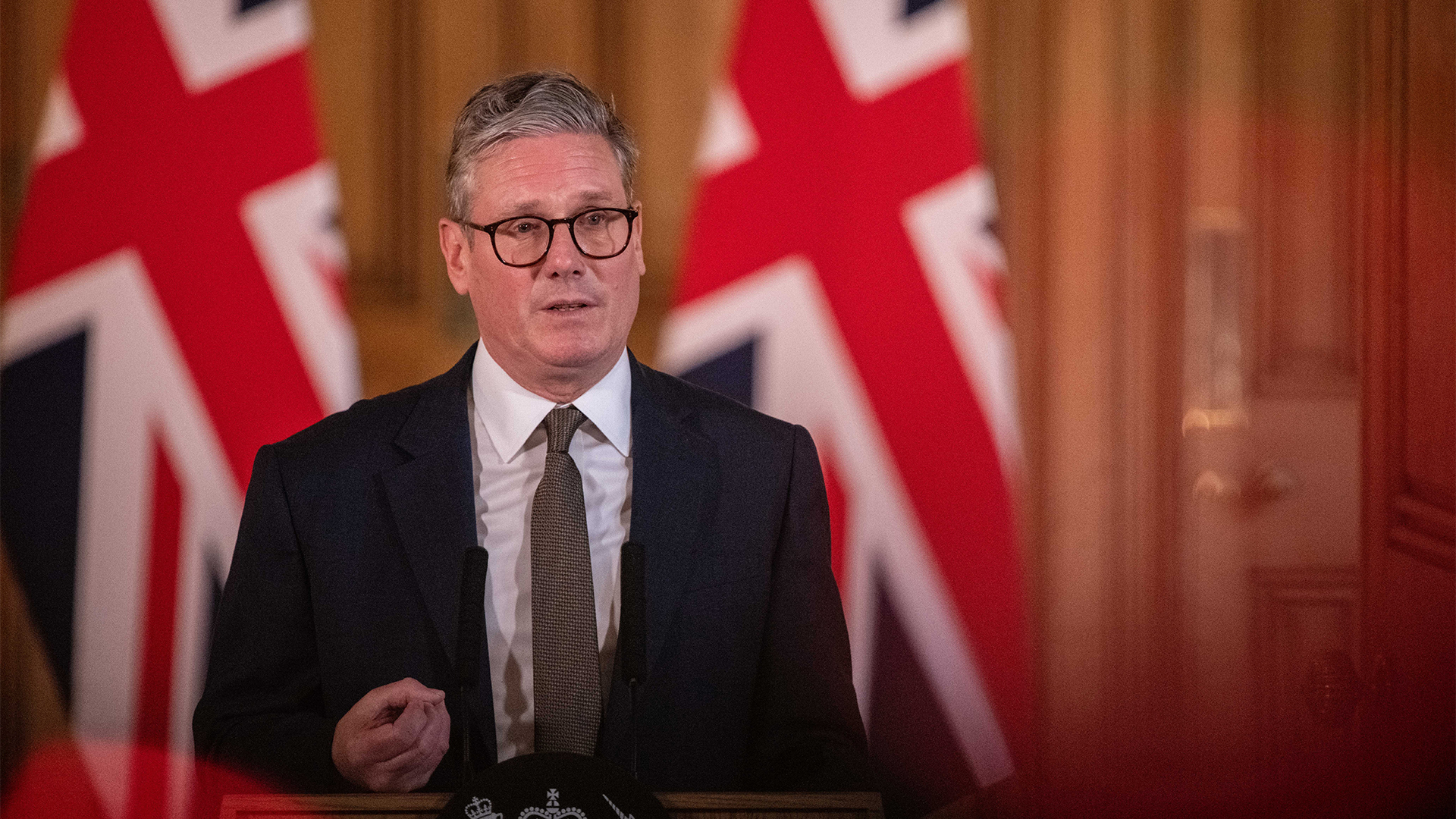 UK regions invited to apply for ‘AI Growth Zone’ status
UK regions invited to apply for ‘AI Growth Zone’ statusNews The UK government has opened up bidding for regions hoping to secure 'AI growth zone' status.
-
 Equinix acquires BT's Irish data centers in €59 million deal
Equinix acquires BT's Irish data centers in €59 million dealNews As BT moves to an asset-light business model, Equinix looks to expand
-
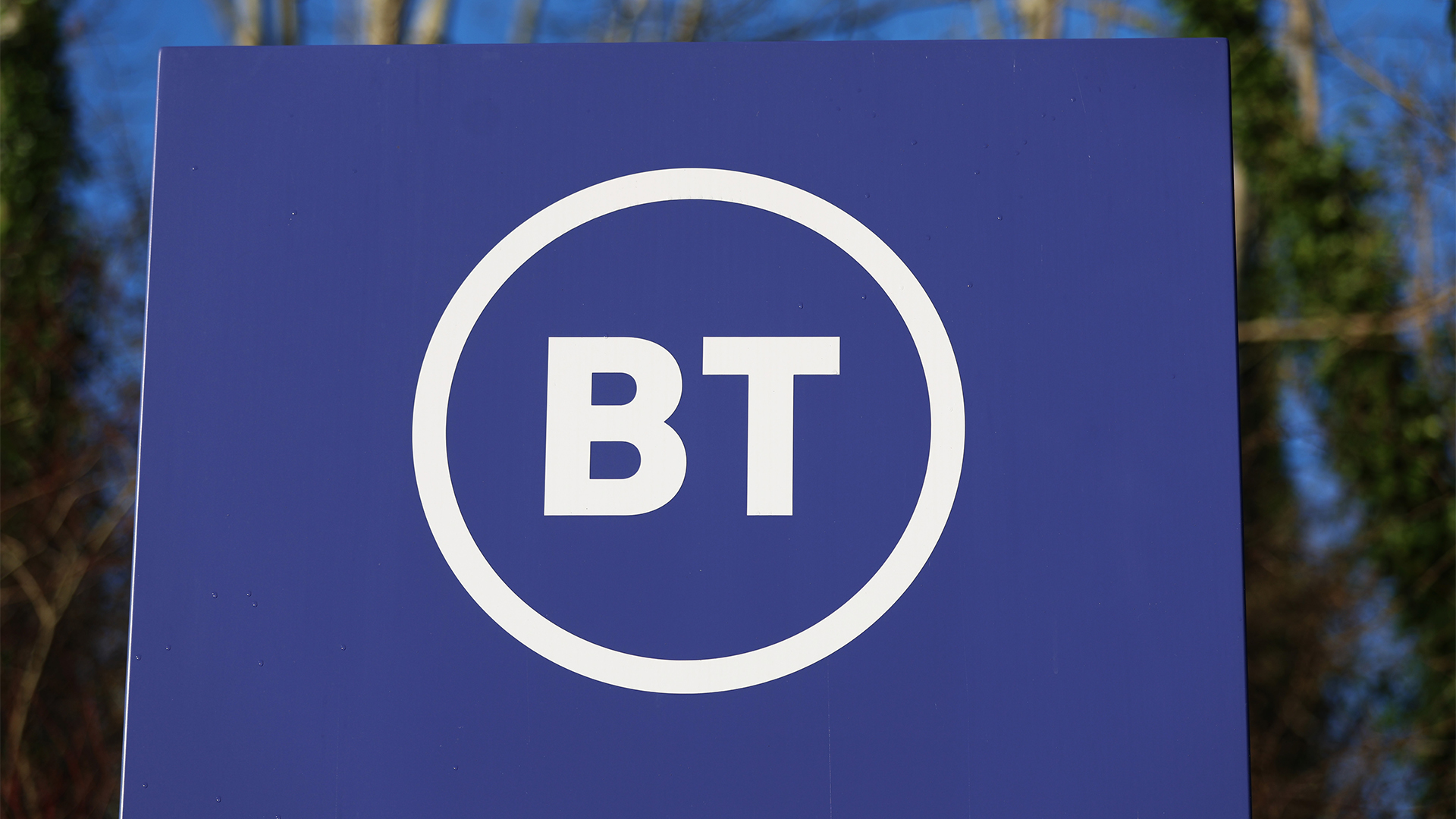 BT just extended the PSTN switch-off deadline — here’s what you need to know
BT just extended the PSTN switch-off deadline — here’s what you need to knowNews BT described the move as a “revision”, citing a series of improvements to the wider PSTN switch-off programme
-
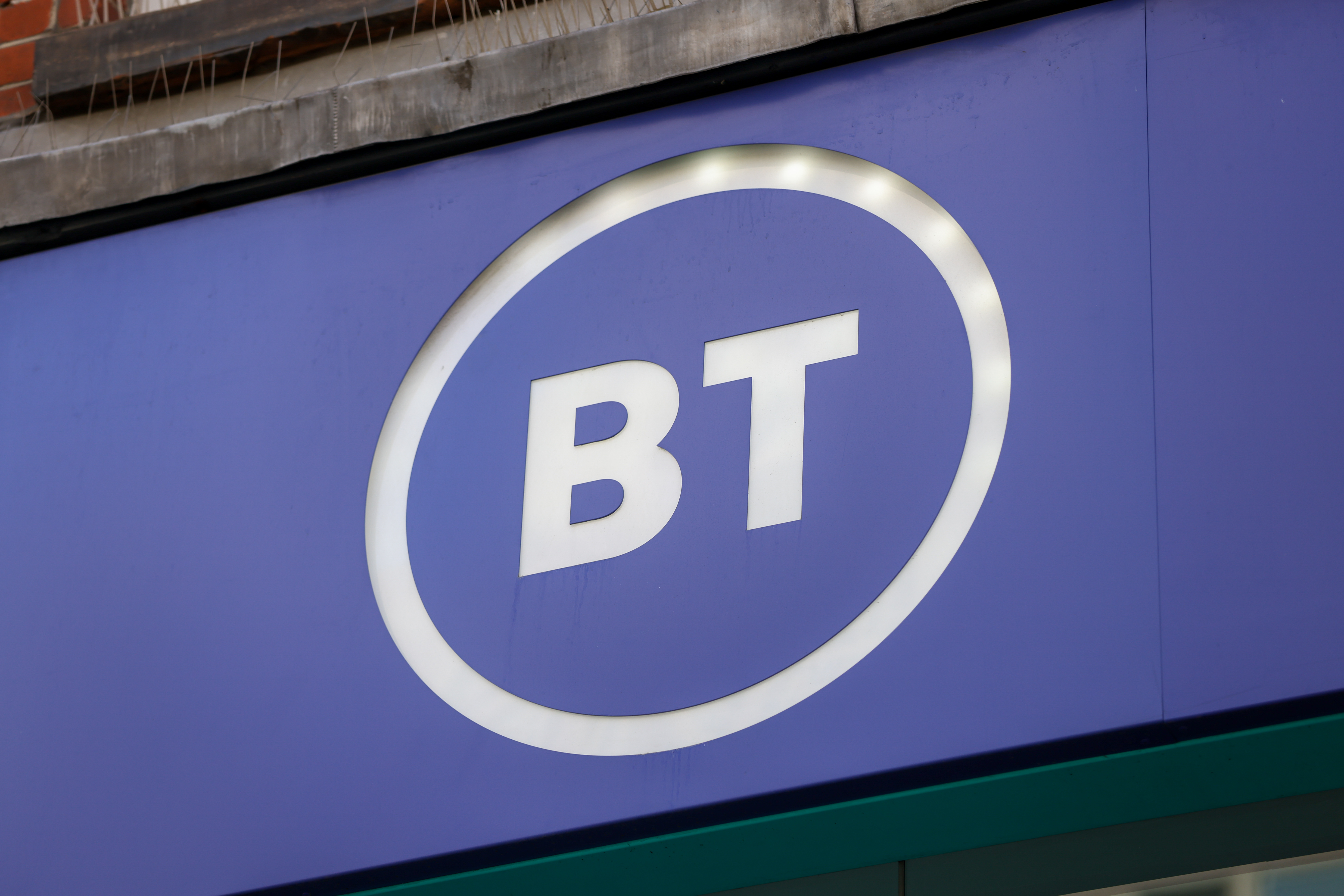 BT misses key Huawei kit removal deadline, but the telco is “almost over the line”
BT misses key Huawei kit removal deadline, but the telco is “almost over the line”News BT is still reliant on non-compliant Huawei equipment for 2G and 3G services
-
 BT partners with HPE to deliver new global managed LAN service
BT partners with HPE to deliver new global managed LAN serviceNews The latest collaboration combines BT’s connectivity expertise with HPE Aruba Networking’s latest LAN solutions
-
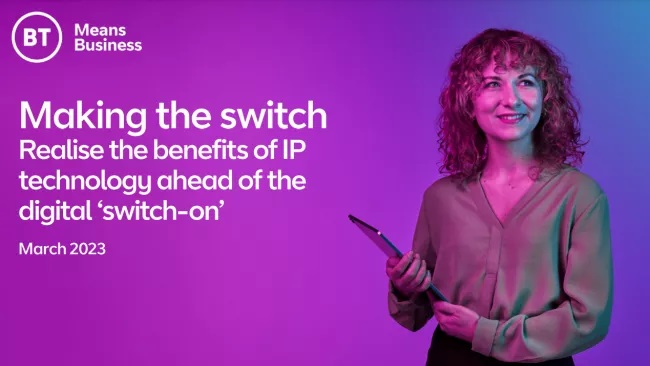 Making the switch
Making the switchWhitepaper Realise the benefits of IP technology ahead of the digital ‘switch-on’
-
 BT and OneWeb succeed in "game changer" satellite connection trial
BT and OneWeb succeed in "game changer" satellite connection trialNews Smaller businesses in rural areas could benefit from improvements to backhaul services using satellites, with speeds increasing by an order of magnitude
-
 “Botched government procurement” leads to £24 million Atos settlement
“Botched government procurement” leads to £24 million Atos settlementNews Labour has accused the Conservative government of using taxpayers’ money to pay for their own mistakes


